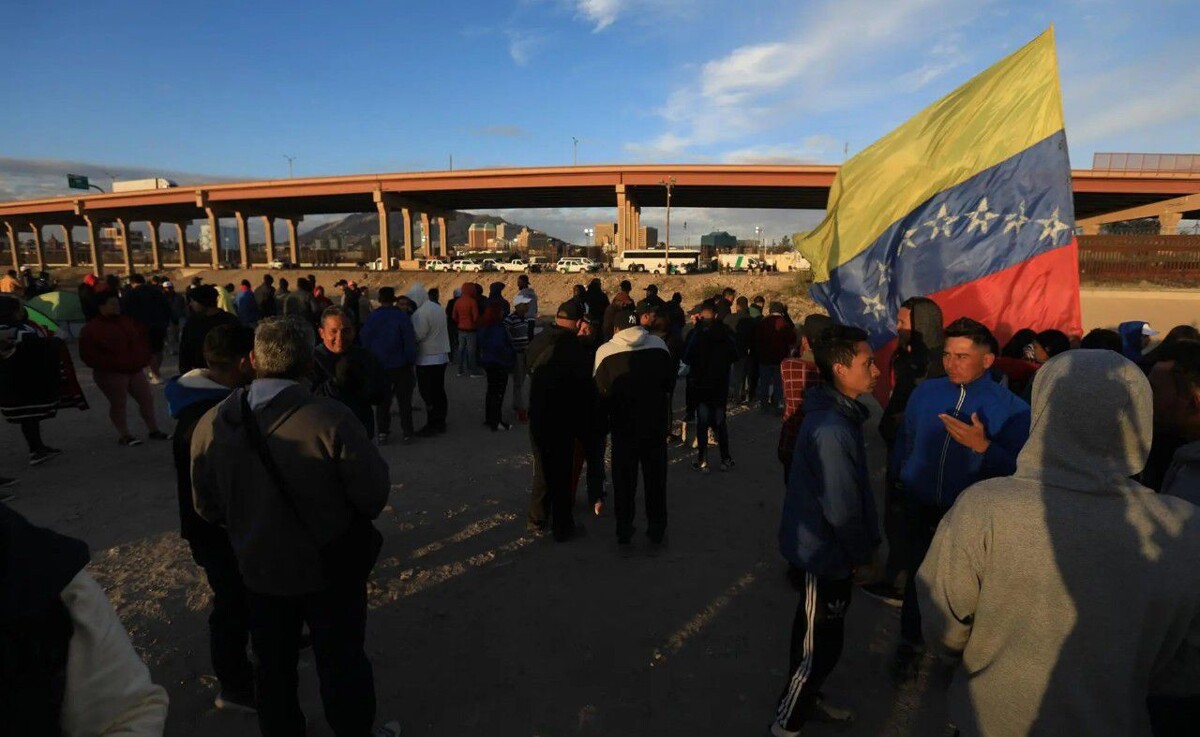
President Trump could face diplomatic obstacles if he insists on pushing for mass deportations that could result in prolonged detentions in the U.S. or the search for a 'safe third country' to send migrants to.
One of the alternatives proposed is to send Venezuelans to Mexico, given the agreement signed in March 2024 between Mexico and Venezuela under the Vuelta a la Patria program.
However, cooperation from Venezuela in this regard is unlikely due to the sanctions and pressures it faces, leaving the United States without a clear means to carry out these mass deportations to Venezuela. This situation suggests that Mexico could be considered as an alternative destination by the Trump administration.
Mexico has shown a willingness to collaborate with the U.S. on immigration issues, though with clear limits. Could Venezuelans get trapped in a legal limbo without a defined destination?
The TPS for Venezuela, established in March 2021 and extended until October 2026, presents political and economic challenges if deportations from the U.S. were accepted. This program does not contemplate forced deportations.
Historically, the U.S. deported migrants to their countries of origin, but sending Venezuelans directly to Venezuela poses challenges due to the changing stance of the Maduro government towards deportations.
In this scenario, Mexico has agreed to accept non-national deportees under bilateral agreements with the U.S.; however, the administration's stance on a possible flow of deported Venezuelans is still uncertain.
The revocation of TPS for Venezuelans raises doubts about the future of beneficiaries of this protection in the U.S. and the uncertainty about their possible destination in the event of deportation.
The revocation of TPS for Venezuelans, announced by the Trump administration, raises concern among the more than 600,000 beneficiaries who had immigration protection in the United States.














